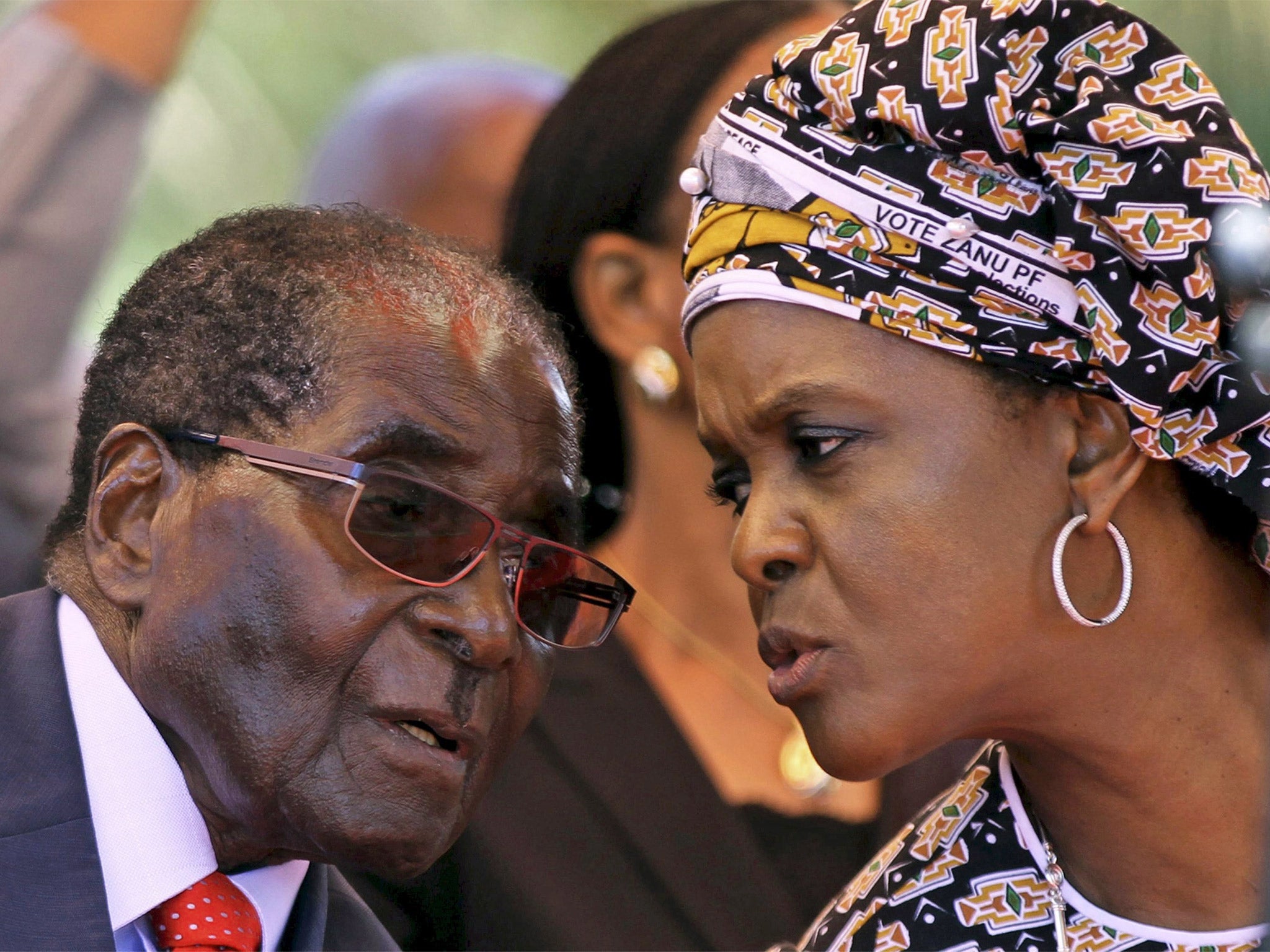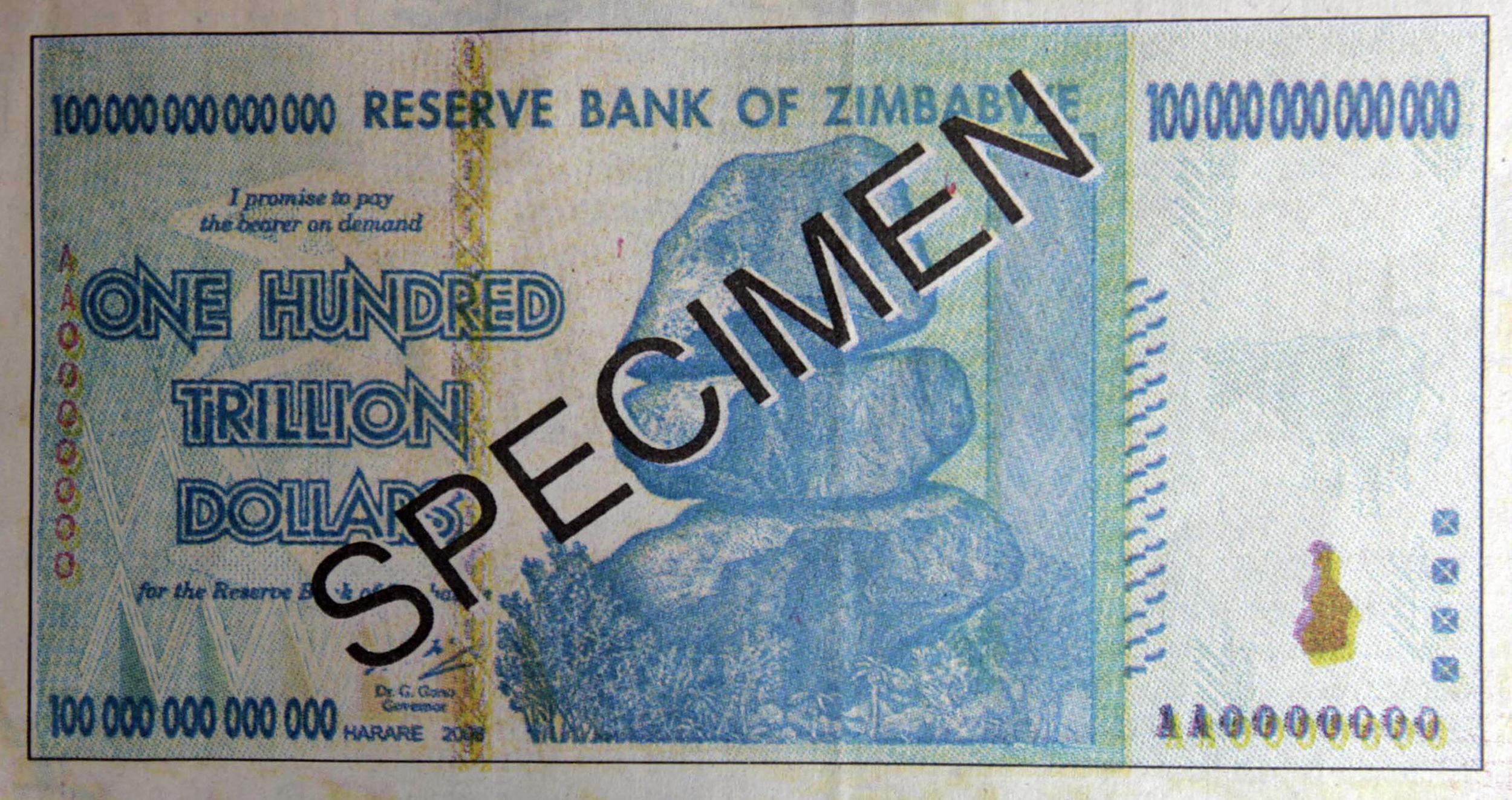Robert Mugabe: The dictator bucking Zimbabwean life expectancy rates
The president reaching the grand old age of 92 this weekend is a deep irony in a country where life expectancy is more than 30 years lower. It’s grim in Zim, says Sean O'Grady

Your support helps us to tell the story
From reproductive rights to climate change to Big Tech, The Independent is on the ground when the story is developing. Whether it's investigating the financials of Elon Musk's pro-Trump PAC or producing our latest documentary, 'The A Word', which shines a light on the American women fighting for reproductive rights, we know how important it is to parse out the facts from the messaging.
At such a critical moment in US history, we need reporters on the ground. Your donation allows us to keep sending journalists to speak to both sides of the story.
The Independent is trusted by Americans across the entire political spectrum. And unlike many other quality news outlets, we choose not to lock Americans out of our reporting and analysis with paywalls. We believe quality journalism should be available to everyone, paid for by those who can afford it.
Your support makes all the difference.It is a painful irony that Comrade President Robert Gabriel Mugabe of Zimbabwe celebrates reaching the age of 92 tomorrow. Though not as robust as he was – he has had a couple of public stumbles which, naturally, he has tried to suppress – he shows no sign of giving up and may well turn out to be the world’s first centenarian dictator.
As he put it at the African Union conference last month: “I will be there until God says come, but as long as I am alive I will head the country, forward ever, backwards never.”
His longevity is in stark contrast to the life expectancy of the average Zimbabwean. That stood at 59 years in 1980, when Mr Mugabe took over as the first and only leader of free Zimbabwe; a baby born now in Mr Mugabe’s republic can expect to get to 58.
Much of that is down to the Aids epidemic that has damaged so many lives in sub-Saharan Africa; but has also to do with food shortages and a collapse in health, sanitation and other public services during Mr Mugabe’s rule. In the mid-2000s, at the height of the economic dislocation and one of the worst episodes of hyperinflation ever experienced anywhere, life expectancy dropped to 43, among the lowest in the world.
And all this, as has been well chronicled, in a country rich in agricultural potential, natural resources, hydro-electric power and a neglected tourist trade. It was the second-richest place on the continent, after South Africa but Mr Mugabe’s policies – most famously the dispossession of white farmers but much else besides – has wrecked it.
The last banknote the Reserve bank of Zimbabwe printed, with a face value of Z$100,000,000,000,000 or one hundred trillion Zimbabwe dollars, was worth about a quid (at independence the British pound and Zim dollar stood at parity).

Only a politician of exceptional ability – even dictators need brains and cunning to survive – could manage to get through that. Indeed Mr Mugabe has seen off all his rivals, and the only one he has created (sort of) – the sybaritic Grace Mugabe – he is married to. In reverse order he managed to outmanoeuvre Morgan Tsvangirai and the Movement for Democratic Change at the most perilous moment for his presidency, when he, astonishingly, contrived to lose a couple of contrived ballots, a presidential election in 2008 and a constitutional referendum in 2000 that would have given him unlimited powers.
Through that decade Mr Mugabe’s hold on power occasionally weakened, but never for long. Today he is as much in control of his state as he was when he installed his Zanu-PF grouping as custodians of a one-party state in 1987, and swept away most constitutional safeguards built into the 1980 constitution.
He saw off men who might once have counted him a friend, names familiar enough to anyone who followed the news in the 1970s and 1980s, but pretty obscure now – Joshua Nkomo, the leader, of the rival Ndebele people (Mr Mugabe being a Shona), who was hounded out of the country he helped liberate.
Most proudly, Mr Mugabe of course managed to prise control of what was Rhodesia – named after racist imperialist Cecil Rhodes, whose statues no longer adorn Harare and Bulawayo as they do the University of Oxford – from the white community who had founded the place in 1890. When this self-governing community – a sort of Surrey with elephants – was threatened with black majority rule they declared independence unilaterally. In doing so they defied the British, who nominally ruled the colony, the UN and the black African presidents who surrounded them, especially Tanzanian President, Julius Nyerere, Mr Mugabe’s mentor, protector and tutor. And, indeed, the “terrorists” or freedom fighters such as Mr Mugabe, though he was never properly a military leader.
Under Prime Minister Ian Smith, the Rhodesians survived for 15 years, preserving racial supremacy against the winds of change that had become increasingly violent. Oddly, Mr Mugabe has more in common with his last white predecessor than one might think. He inherited all the infrastructure of Rhodesia’s police state, including a law that allowed an official to kill someone if they had a “sincere belief” that they had harmful intent. Mr Mugabe himself spent more than eight years in Salisbury (now Harare) prison, during which time he acquired degrees by correspondence from the University of London, in economics and law, strangely enough.
In prison he endured the nasty reality behind the “civilised values” of Rhodesia, prosperous and well-ordered as it was, at least for some. Serving time for political dissent – more ironies rattle down half a century – Mr Mugabe was sent to an interview room. There was his sister, Sabina, and a Rhodesian special branch man. He was told that his recently born son, living with his first wife, Sally, in Ghana, had died. The tough conditions the Smith regime had imposed on them may have contributed to the infant’s death. It radicalised Mr Mugabe further. Despite assurances from churchmen and others, the Rhodesians refused to allow Mr Mugabe to visit Ghana to comfort his wife and bury his son.
That is part of the key to Mr Mugabe; the other is the Roman Catholic Church and Marxism. Mr Mugabe was born and brought up in the “Christian village” at Kutama Mission in the Zvimba district near Salisbury. Like many in that era he was given a basic education by the Jesuits. Both parents were mission trained, his father Gabriel as a carpenter, while his mother taught catechism and the Bible. His classmates remember him as a boy whose “only friends were books”, and, despite the opulence of his life as President – including a 37-acre plot with a new three-storey mansion – he has mostly followed an ascetic lifestyle.
During his thirties, in the 1950s, he did not drink or smoke. He went to Fort Hare University in South Africa to study to be a teacher. He found work in newly independent Ghana in 1958. Observing the first experiment in African socialism, conducted by Kwame Nkrumah, Mr Mugabe later remarked: “I went as an adventure. I wanted to see what it would be like in an independent African state. It was there I accepted the general principles of Marxism.” This disciple of Marxist-Jesuitism was fired by anger at injustices of the racist regime around him. An intelligent man unable to develop personally, professionally or politically in his own land; hence the anger.
But why didn’t Mr Mugabe follow the example of Nelson Mandela? For all his smartness he lacked the confidence, perhaps charisma, perhaps leadership qualities of Mr Mandela. He soon embarked on a genocide of the Ndebele – 20,000 to 30,000 were murdered in a campaign by a special army group trained by the North Koreans and personally loyal to Mugabe. If not genocide, it was certainly ethnic terror. He interfered in the economy, and, when the money ran out, tried to pay for his rash promises to “war veterans” (some born after the liberation struggle) by stealing white farmers’ land. The only service Mr Mugabe rendered his corner of Africa was to act as a warning to the South Africans about the dangers of following his example – as if three million Zimbabwean economic refugees was not sufficient reminder.
When Mugabe took power in 1980, Nyerere, told him: “You have inherited a jewel. Keep it that way.” His jewel has long since become badly tarnished, not least by the diamond wars in the Congo he sent his army, disastrously, to fight in. It was just one of a long litany of vain, badly judged, deluded projects Mr Mugabe has indulged himself in. His mental faculties may be at last failing too – he read the same page of a speech twice last year. But, be in no doubt, Mr Mugabe, even at 92, is nobody’s fool.
Join our commenting forum
Join thought-provoking conversations, follow other Independent readers and see their replies
Comments